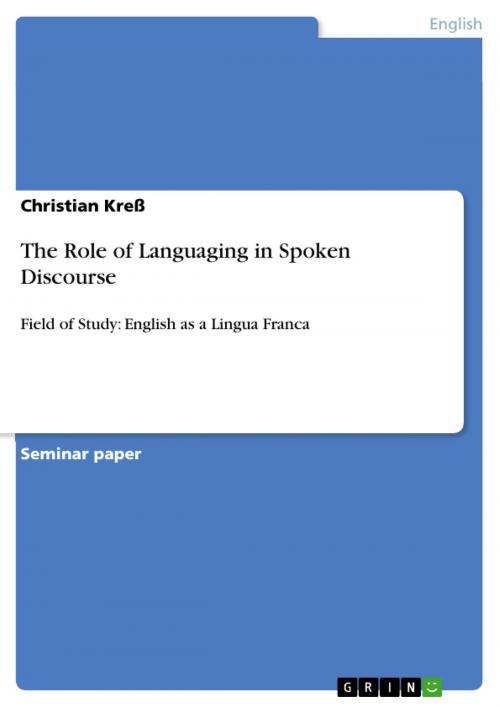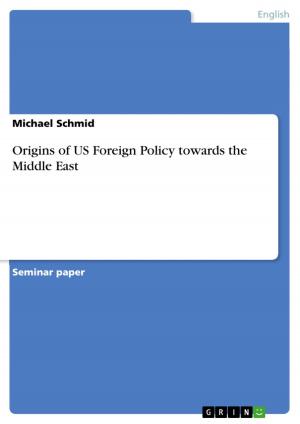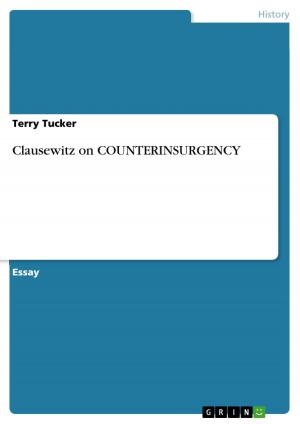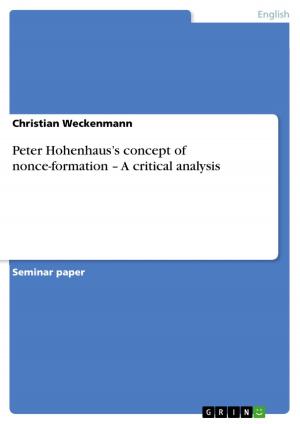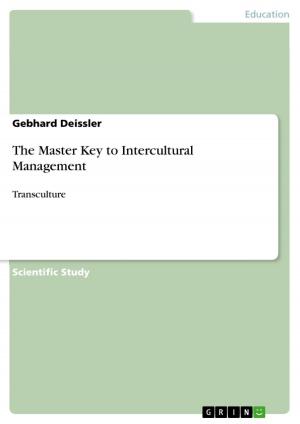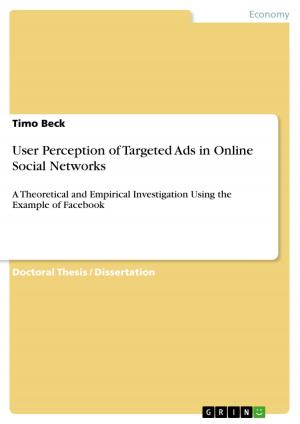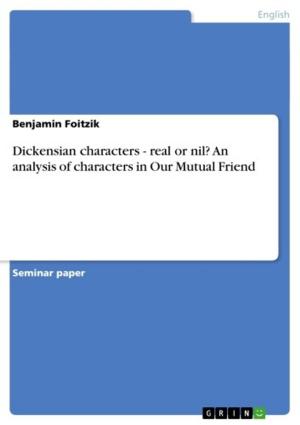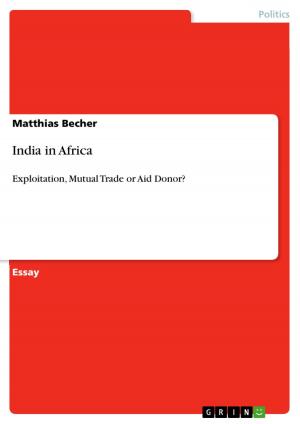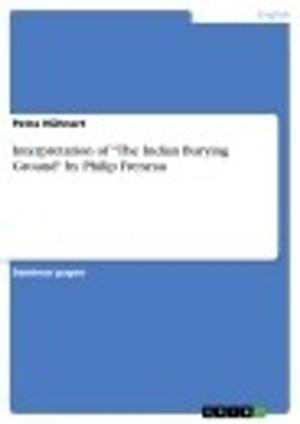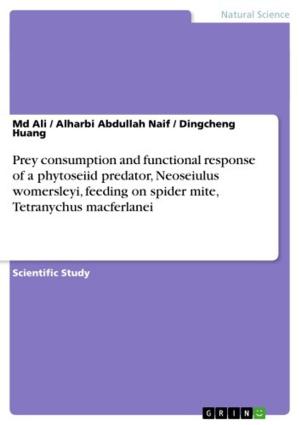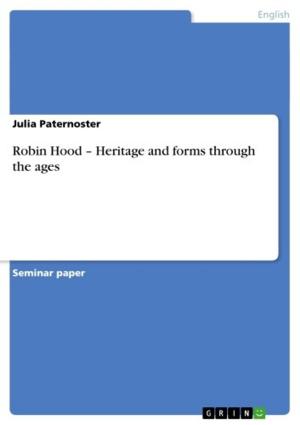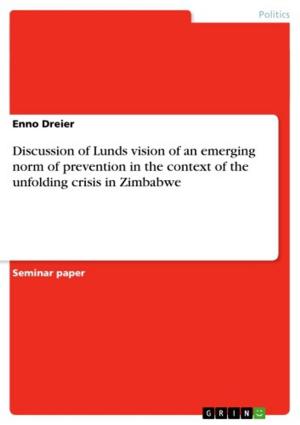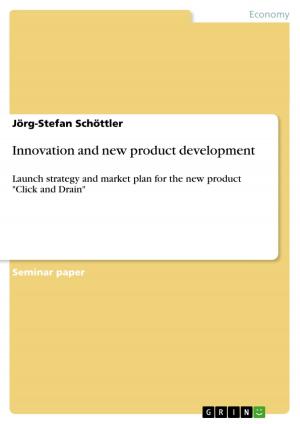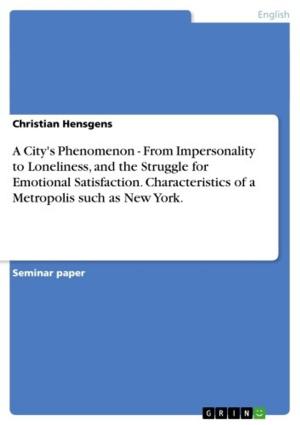The Role of Languaging in Spoken Discourse
Field of Study: English as a Lingua Franca
Nonfiction, Entertainment, Drama, Anthologies| Author: | Christian Kreß | ISBN: | 9783640969746 |
| Publisher: | GRIN Publishing | Publication: | July 27, 2011 |
| Imprint: | GRIN Publishing | Language: | English |
| Author: | Christian Kreß |
| ISBN: | 9783640969746 |
| Publisher: | GRIN Publishing |
| Publication: | July 27, 2011 |
| Imprint: | GRIN Publishing |
| Language: | English |
Seminar paper from the year 2008 in the subject English Language and Literature Studies - Linguistics, grade: 1,7, University of Tubingen, language: English, abstract: The core of this paper is an empirical study in which non-native speakers of English were interviewed and asked to engage in 'languaging' about their spoken linguistic output. The theoretical foundation of the empirical study primarily lies in Merrill Swain's research on the output hypothesis in which she considers the activity of producing language - which she later defines as 'languaging' - to be of high importance for making progress in SLL. The purpose of this paper is two-fold: First it primarily supports the view that languaging can be an effective tool for language learning and eventually proposes its implementation in modern SLL. The empirical study is going to show that languaging can fulfil the metalinguistic function of Merrill Swain's output hypothesis. Second, this paper aims to raise both L2 learners' and teachers' awareness of the fact that many errors that trigger the need for languaging result from interferences of one's mother tongue or even another foreign language with the target language.
Seminar paper from the year 2008 in the subject English Language and Literature Studies - Linguistics, grade: 1,7, University of Tubingen, language: English, abstract: The core of this paper is an empirical study in which non-native speakers of English were interviewed and asked to engage in 'languaging' about their spoken linguistic output. The theoretical foundation of the empirical study primarily lies in Merrill Swain's research on the output hypothesis in which she considers the activity of producing language - which she later defines as 'languaging' - to be of high importance for making progress in SLL. The purpose of this paper is two-fold: First it primarily supports the view that languaging can be an effective tool for language learning and eventually proposes its implementation in modern SLL. The empirical study is going to show that languaging can fulfil the metalinguistic function of Merrill Swain's output hypothesis. Second, this paper aims to raise both L2 learners' and teachers' awareness of the fact that many errors that trigger the need for languaging result from interferences of one's mother tongue or even another foreign language with the target language.
